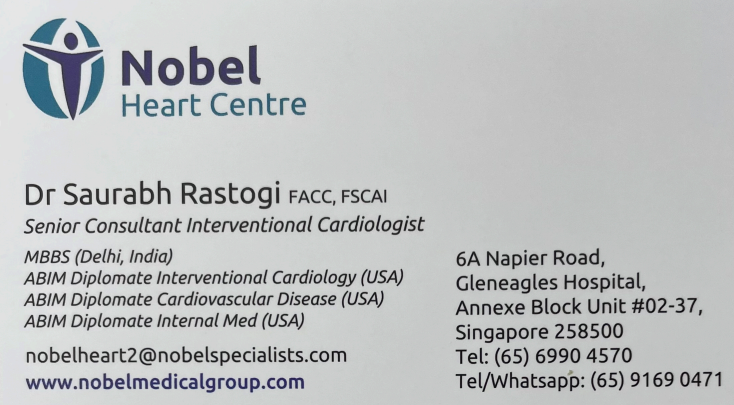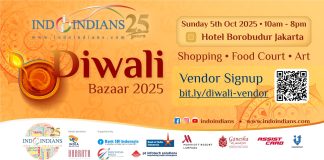Indoindians Community Health Seminar with Dr. Saurabh Rastogi, Cardiologist, visiting from Singapore.
Heart Disease Among Healthy People – The risk of no risk.
There is an increasing proportion of individuals presenting with heart attack who do not have standard risk factors for heart disease.
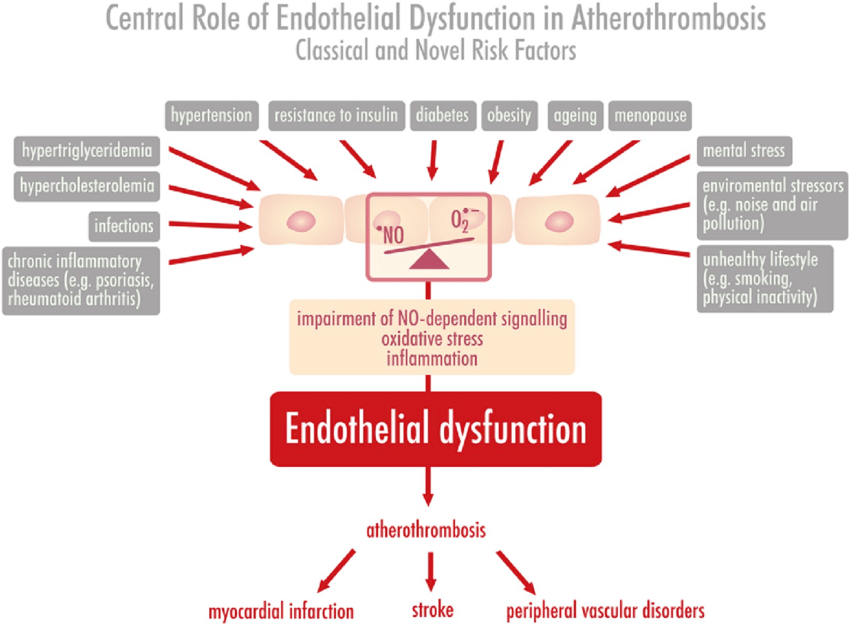
Heart disease is often perceived as a condition affecting those with visible risk factors or the Standard Modifiable Risk Factors (SMuRFs) such as
- Diabetes
- Smoking
- Blood Pressure
- High Cholesterol
However, even those who appear healthy can be at risk. This paradox, known as “the risk of no risk,” highlights the importance of vigilance in heart health for everyone. By focusing on seven key areas of attention, individuals can maintain a healthy heart and mitigate the risks, even without
- Mental Health
Chronic stress, anxiety, and depression significantly impact heart health. These conditions can lead to behaviors that increase heart disease risk, such as poor diet, physical inactivity, and smoking. Managing stress through mindfulness, therapy, regular physical activity, and maintaining social connections is crucial for heart health.
- Sleep Health
Poor sleep quality and disorders like sleep apnea are linked to higher risks of heart disease. Ensuring adequate sleep, typically 7-8 hours per night, and addressing sleep disorders can significantly reduce heart disease risk. Good sleep hygiene practices and medical interventions when necessary can improve sleep quality and overall heart health.
- Obesity
Obesity is a major risk factor for heart disease, even in the absence of other conditions. It contributes to high blood pressure, diabetes, and cholesterol abnormalities. Maintaining a healthy weight through balanced nutrition and regular exercise is essential for heart health.
- Sedentary Living
A sedentary lifestyle increases the risk of heart disease. Regular physical activity strengthens the heart and improves circulation. Engaging in at least 150 minutes of moderate-intensity exercise per week, including activities like walking, running, or swimming, is recommended to maintain cardiovascular health.
- Diet and Gut Health
A poor diet, particularly one high in processed foods, can lead to heart disease. A diet rich in fruits, vegetables, whole grains, lean proteins, and healthy fats is essential. Gut health also plays a role in heart disease, as an unhealthy gut microbiome can contribute to inflammation. Consuming probiotics and a fiber-rich diet supports gut and heart health.
- Chronic inflammation & Infection
Chronic infections and inflammation can increase the risk of heart disease. Conditions such as obesity, poor diet, and chronic stress contribute to systemic inflammation, which in turn promotes atherosclerosis. Anti-inflammatory diets, regular exercise, stress management, and medical interventions can help reduce inflammation. Regular medical check-ups, vaccinations, and proper management of infections are important preventive measures.
- Pollution
Exposure to air pollution is a significant but often overlooked risk factor for heart disease. Pollutants can trigger inflammation and increase the risk of heart attacks and strokes. Minimizing exposure to polluted environments and advocating for cleaner air policies can help protect heart health.
The Role of CT Angiography in Heart Health
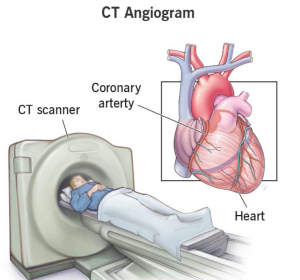
A computed tomography (CT) angiogram is a test to view your blood vessels and tissues. During the test, your provider injects a dye that highlights your blood vessels and tissues. Then your provider takes a CT scan, a specialized X-ray, to view the highlighted areas.
This has emerged as a highly effective method for assessing heart health, particularly in individuals who may not present with standard risk factors. This non-invasive imaging technique provides detailed images of the coronary arteries, allowing for early detection of blockages or other abnormalities.
Advantages of CT Angiography:
- Non-Invasive: Unlike traditional angiography, which requires catheter insertion, CT angiography is non-invasive, reducing the risk and discomfort for patients.
- Early Detection: CT angiography can detect plaque buildup and other issues in the coronary arteries before symptoms appear, enabling early intervention and management.
- Detailed Imaging: The high-resolution images produced by CT angiography provide a clear view of the coronary arteries, helping physicians accurately diagnose and plan treatments.
- Quick and Convenient: The procedure is relatively quick, typically taking about 10-15 minutes, and involves minimal preparation and recovery time.
- Low Risk: The use of a small amount of iodine contrast and exposure to low levels of radiation (similar to annual background radiation) makes it a safe option for most patients.
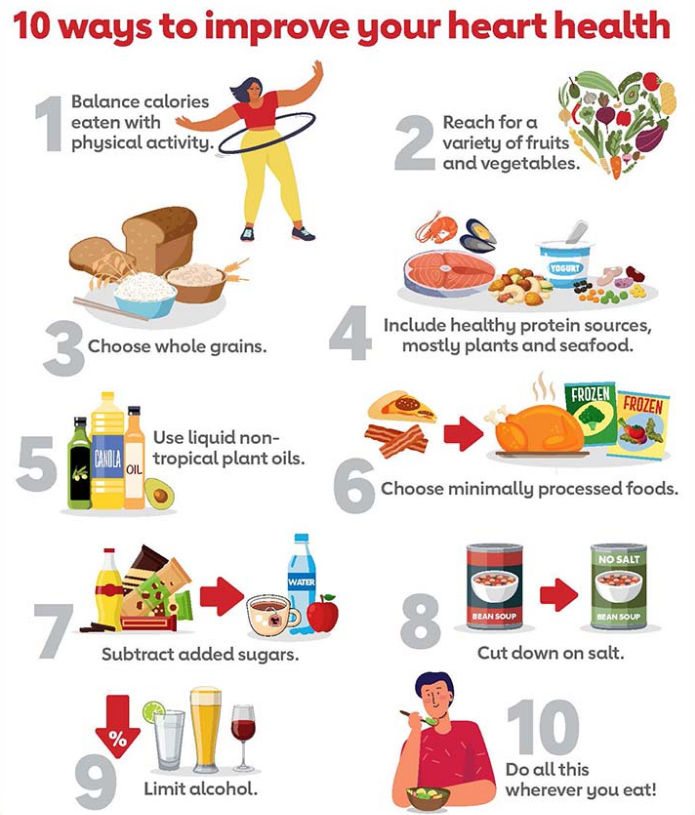 Heart disease can affect anyone, regardless of how healthy they appear. By paying attention to these seven key areas—mental health, sleep health, obesity, sedentary living, diet and gut health, pollution, and inflammation—individuals can take proactive steps to maintain a healthy heart. Regular medical check-ups and a lifestyle focused on heart health are crucial for everyone, illustrating that even the seemingly “risk-free” need to stay vigilant.
Heart disease can affect anyone, regardless of how healthy they appear. By paying attention to these seven key areas—mental health, sleep health, obesity, sedentary living, diet and gut health, pollution, and inflammation—individuals can take proactive steps to maintain a healthy heart. Regular medical check-ups and a lifestyle focused on heart health are crucial for everyone, illustrating that even the seemingly “risk-free” need to stay vigilant.
Additionally, CT coronary angiography provides a powerful tool for early detection and intervention, making it an essential component of modern cardiac care.
Maintaining heart health is a multifaceted approach that involves not just managing traditional risk factors, but also addressing modern lifestyle-related risk factors. By incorporating healthy habits and being mindful of these novel risk factors, and utilizing advanced diagnostic tools like CT angiography, individuals can significantly reduce their risk of heart disease and improve their overall well-being.
About Dr. Saurabh Rastogi

Dr. Saurabh Rastogi is a cardiologist at Gleneagles Hospital with Nobel Heart Centre. His subspecialty is in interventional cardiology for the treatment of coronary artery disease. He has practiced medicine for more than 15 years. His clinical expertise includes complex coronary angioplasty/stenting, intracoronary imaging and hemodynamic assessment, and advanced heart failure management.
Prior to joining Gleneagles, Dr Rastogi practiced at Ng Teng Fong General Hospital. He was the former Director of the Cardiac Catheterization Laboratory and lead initiatives to provide for timely care for heart attack patients. On joining NTFGH, at its inception, he streamlined operations and was the Clinician lead for the Heart Failure Program, Cardiac Rehabilitation Service and Noninvasive Diagnostic laboratory. Apart from his clinical duties he was engaged in Medical Student and Senior Resident teaching. He was the Associate program Director of NUHS Cardiology Senior Residency program.
Before moving to Singapore, Dr. Rastogi practiced as a Consultant in Interventional Cardiology and Heart Failure in the greater Seattle area, USA. He is currently a visiting consultant at NTFGH and the National University Hospital
